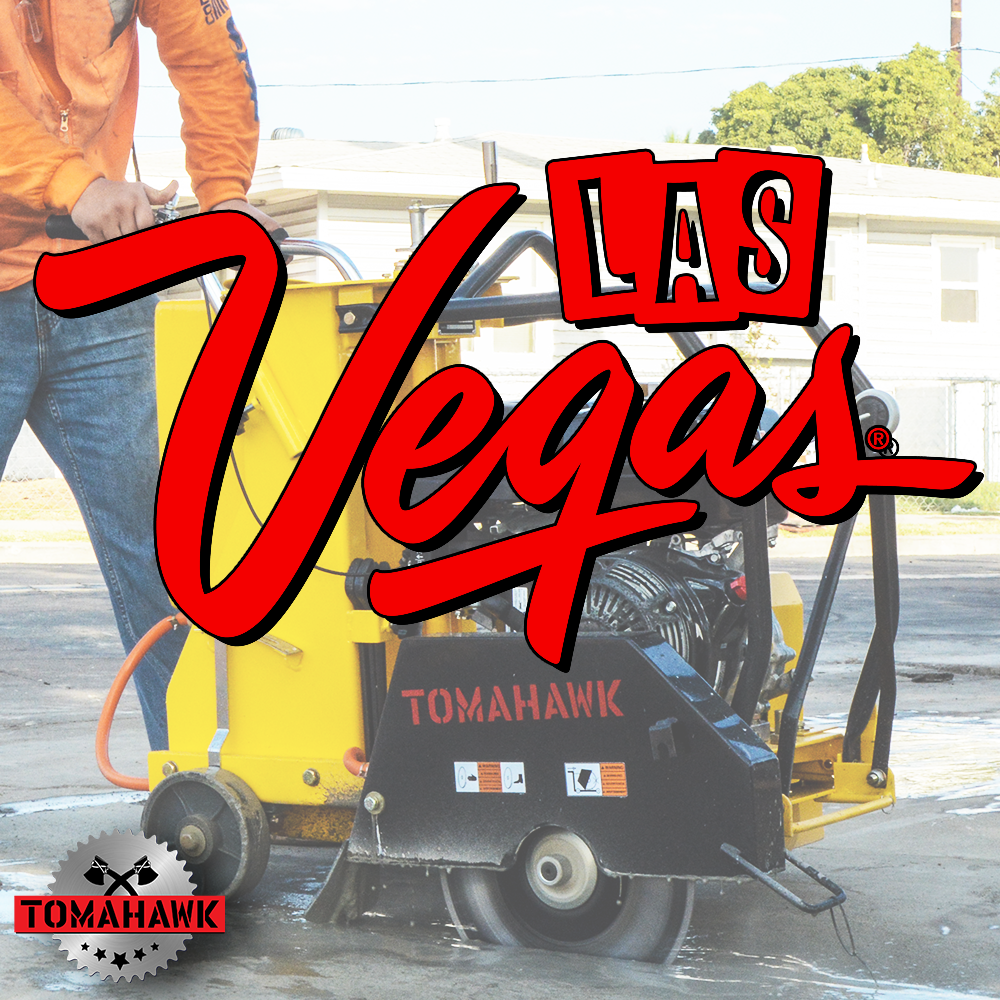Construction in the Las Vegas market continues to be strong, as more highway, and new construction projects provide many opportunities for local concrete, paving, and general engineering crews. In fact, as of June 2017, many firms continue to complain of labor shortages. Several polls and the office of economic development in Nevada claim they are about 10,000 laborers short of what the current market demands.
Many pipeline, paving, and general engineering crews can be seen hard at work driving down the streets of Las Vegas.The new Raiders stadium, Project Neon, and several new buildings at the University of Nevada Las Vegas (UNLV), have all played key roles in the high demand of the Las Vegas construction labor market. The new Raiders stadium is scheduled to be completed by the 2019 football season, and will cost an estimated $1.9 billion. Project Neon, also known as the Spaghetti Bowl Overhaul, is on budget to cost about $1.5 billion.
The University of Nevada Las Vegas is also planning on expanding their School of Medicine which will end up costing about $200 million. This increase in construction has also led to new equipment dealers, and maintenance, repair, and operations dealers as well. Tomahawk Power construction products continue to be utilized in new construction. Tamping rammers, plate compactors, concrete saws, concrete vibrators, generators, and power trowels will be in even higher demand in the upcoming months.
Water trucks are in high demand during this season, not only to hydrate construction crews, but to control dust and provide the soil enough moisture for proper compaction. Tamping rammers, plate compactors, and rollers cannot do their job if there is not enough moisture in the material that a contractor is trying to compact. This can lead to defective pours of concrete, which lead to contractors having to cut out entire slabs with concrete saws to make repairs. The water trucks also help prevent engine clogging, as they control the dust particles in the air by spraying water. With harsh conditions such as these, it is important to invest in quality equipment that will not break down. Due to the extreme heat in the summer and fall months, most construction crews will work throughout the night, or begin before 5:00 am. It is not uncommon for temperatures to be over 90 degrees Fahrenheit by 12:00 pm, and well over 100 degrees Fahrenheit by 1:00pm. Faulty equipment will lead to delays and unhappy personnel in 100 degree heat.










